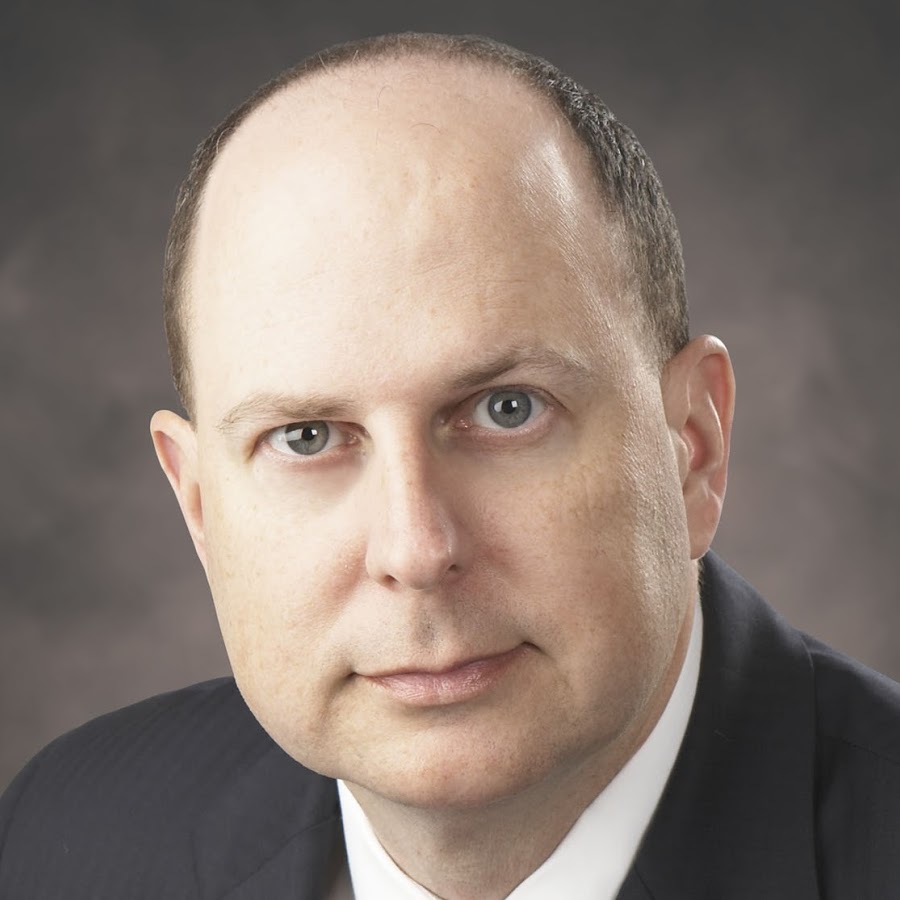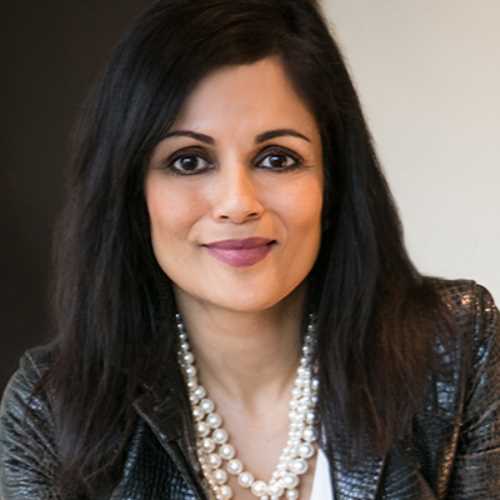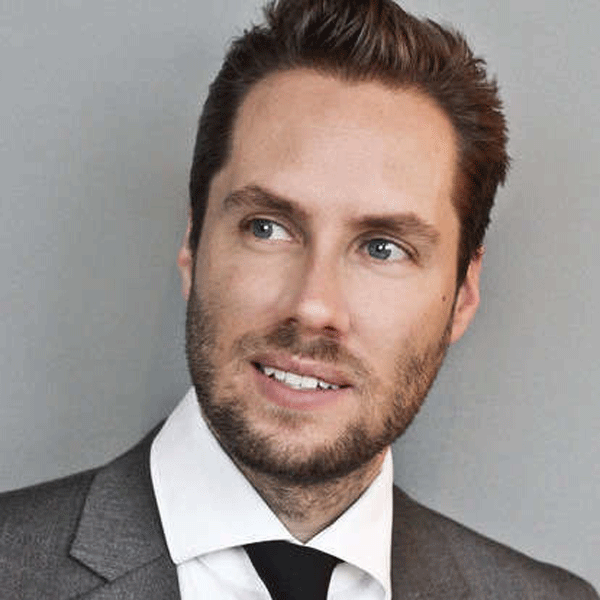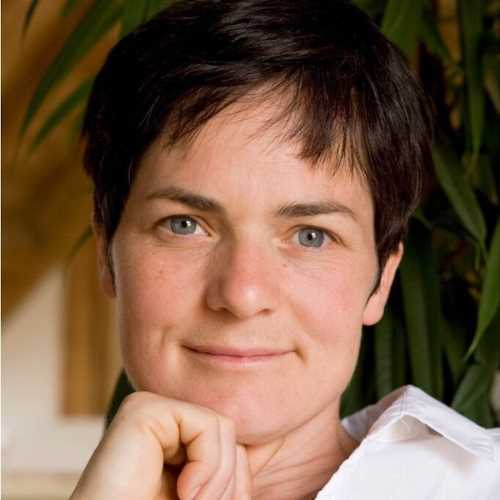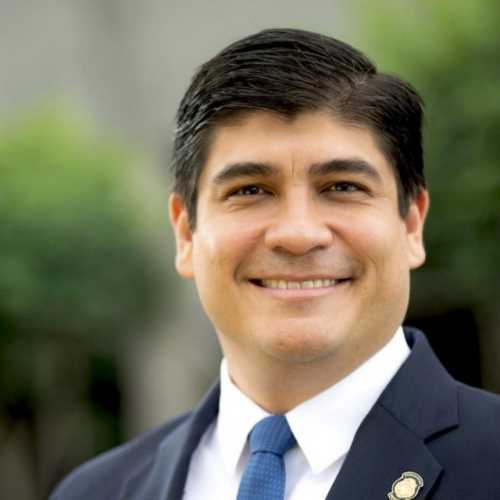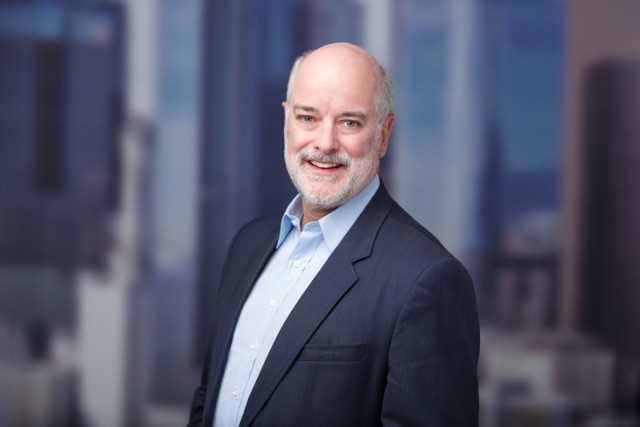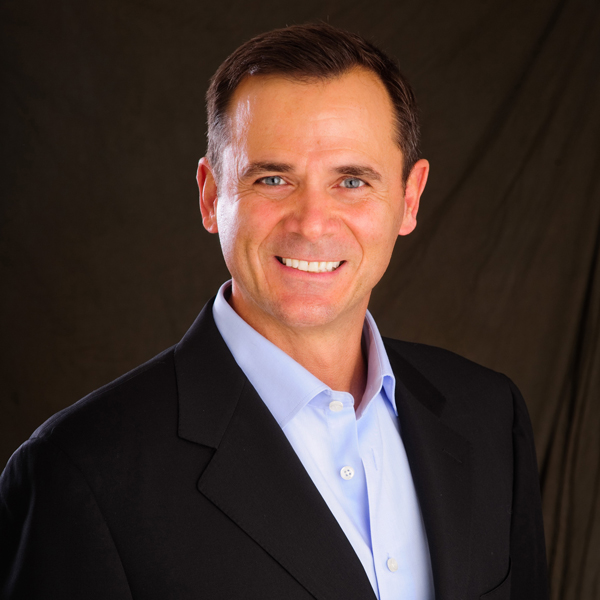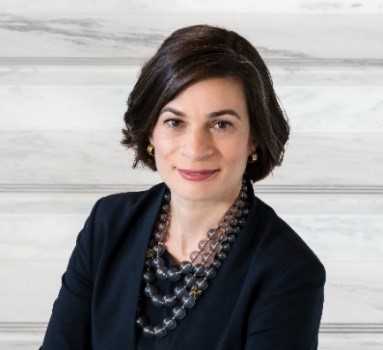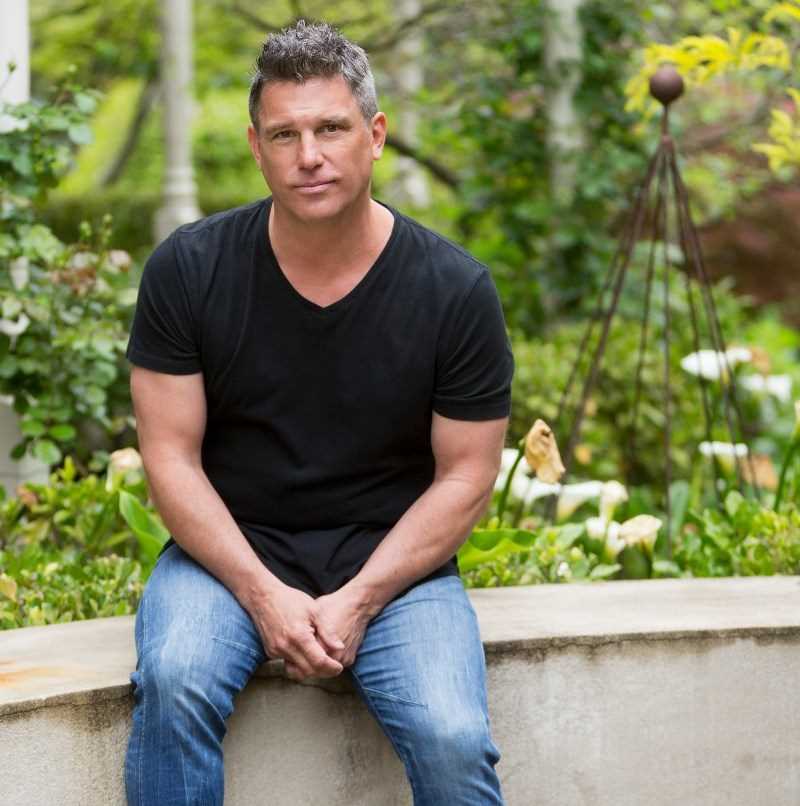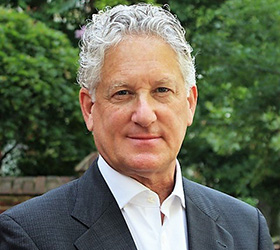
Harry Broadman
- CEO and Managing Partner of Proa Global Partners LLC
- Former U.S. Assistant Trade Representative & Chief of Staff, President’s Council of Economic Advisors
- Author of Three Best-Selling Books on Foreign Policy & the Global Economy
Travels From
District of Columbia
Dr. Harry G. Broadman: Where is the Growth in the Global Economy?
Jobs, The Fed, Xi's Economic Contradictions, Supply Chains, Putin's War Is Not Globalization's End
NACD Annual Summit: Economics, Uncertainty and the 2016 Election
Harry Broadman Speaker Biography
Harry G. Broadman is a globally renowned international finance executive, investor, trade negotiator, and authority on business growth, risk-mitigation, corruption, corporate governance, and innovation. An early serial entrepreneur, he's reinvented himself more than a handful of times—not only in an interdisciplinary fashion but also across greatly differentiated senior roles in the private sector, interspersed with stints as a high-level policy maker and regulator.
He emerged as a genuine thought-leader on the unforeseen dynamics that have changed the underlying structure and character of world markets long before the term "globalization" was commonplace. These insights shaped his career focus on strategies that propel firms' competitiveness, especially in emerging markets, the parts of the world toward which he has always had a strong predisposition. He has worked on the ground in more than 75 such countries across 5 continents, especially throughout China, India and the rest of Asia; most of Latin America; almost every Former Soviet Union state; across all Eastern and Central Europe, the Balkans and Turkey; much of Africa; and parts of the Middle East.
A strategic advisor to C-suites and boards, Broadman has counseled companies and investment institutions as diverse as GE, IBM, Coca-Cola, Canon, Exxon-Mobil, Valmet, Pepsi, Abraaj, Corning, Heineken, Merck, Walmart, Deere, the Canadian Pension Plan Investment Board, Intel, ICANN, SunEdison, Illinois Tool Works, Westinghouse, Siemens, Standard Chartered, Microsoft, Manitowoc, PPG, Tyco, Caterpillar, Dow, McCormick, CEMEX, and Avon.
As a speaker, Harry brings to audiences a unique combination of fundamentally insightful and pragmatic views about how commercial, financial and policy changes that drive international markets, will alter enterprises' opportunity-risk tradeoffs in ways few ever could have predicted. Rather than using a 'rear-view mirror' approach, he provides a prospective prism to frame critical business decision-making challenges. Moreover, he exposes the ways markets intrinsically tend to operate in 'non-linear' patterns. Aside from leaving audiences with concrete, operational takeaways, his speeches are entertaining and infused with his infectious sense of humor.
He’s been interviewed numerous times on television and radio and been widely quoted in the electronic/print media, including The New York Times, The Wall Street Journal, The Financial Times, BBC, CNN, NPR, CNBC, CCTV, Fortune, CBC, The People’s Daily, Time, Kommersant, Australia Broadcasting Corporation, Business Africa, El Pais, Le Monde, Nihon Keizai Shinbun, and The Washington Post.
At present, Broadman is CEO and Managing Partner of Proa Global Partners LLC, a transaction advisory firm that assists corporations, banks, private equity firms, pensions and institutional investors, sovereign wealth funds and family offices to structure the design and execution of deals throughout emerging markets. Concurrently, he is on the Johns Hopkins University Faculty; a monthly columnist for Forbes, Newsweek-International and Gulf News; and engaged by the National Association of Corporate Directors (NACD) as a Master Workshop Faculty Member.
He serves or has recently served on the Boards of Directors or Advisors of ArmorText, a cybersecurity end-to-end enterprise-wide communication services provider; Strategic Ratings, a UK-based credit ratings agency; PartnersGlobal, an international alternative dispute resolution (ADR) entity operating in 22 countries; The Lake Tanganyika Floating Health Clinic, a healthcare and telecom services provider across 4 African countries; The Global Business School Network; The Russian-American Chamber of Commerce; and The Corporate Council on Africa.
In 2015, Broadman stepped down PricewaterhouseCoopers (PwC), where he founded and led PwC's Global Business Growth Management Consulting Practice and also served as PwC's Chief Economist. Before joining PwC, he was Managing Director and a member of the Investment Committee at Albright Capital Management, an international private equity and alternative strategy investment fund chaired by Madeleine Albright. He was also Managing Director of The Albright Group (now Albright Stonebridge), a business diplomacy consultancy.
Prior to that, Harry was a senior official at the World Bank, where he oversaw the Bank's largest sovereign finance operations and enterprise restructuring investments in China; Russia and the Former Soviet Union states; and the Balkans. He also served as Economic Advisor for the entire Africa Region.
Earlier, Broadman worked in the White House as Chief of Staff of the President's Council of Economic Advisers during the first Gulf War and the Savings and Loan Crisis. He was then appointed as the United States Assistant Trade Representative. In this position, he led the U.S. negotiations on international trade and investment across all services industries as part of the establishment of both NAFTA and the WTO. He also managed all negotiations of U.S. Bilateral Investment Treaties (BITs) with other sovereigns. He was a Board Member of the Overseas Private Investment Corporation (OPIC) and served on the White House Committee on Foreign Investment in the U.S. (CFIUS), which assesses national security impacts of inbound investment. Broadman came to the Executive Branch after serving as a Senior Professional Staff Member of the U.S. Senate Committee on Governmental Affairs, then chaired by John Glenn, during which time Harry was a core drafter of the Omnibus Trade and Competitiveness Act.
Prior to his government service, Harry was on the Harvard University faculty; staff member at the RAND Corporation; Assistant Director, Center for Energy Policy at Resources for the Future, Inc.; and fellow at the Brookings Institution.
He has authored several books and numerous professional articles published in a wide array of peer-reviewed finance, economics, law, and foreign policy journals. His most recent books are Africa's Silk Road: China and India's New Economic Frontier; From Disintegration to Reintegration: Russia and the Former Soviet Union in the Global Economy; and The State As Shareholder: China's Management of Enterprise Assets.
Broadman is a lifetime member of the Council on Foreign Relations and a member of The Bretton Woods Committee. He received an A.B. in economics and history, magna cum laude, from Brown University, where he was elected to Phi Beta Kappa, and an A.M. and Ph.D. in economics from the University of Michigan.
To book Harry Broadman call Executive Speakers Bureau at 901-754-9404.
Where is The Growth in the World Economy? The recent global financial crisis and the on-going softness in much of the advanced countries—the EU, Japan and the US--have shaken businesses’, investors’ and policy-makers’ perceptions and confidence of a return to historic levels of stable growth. The fact that many emerging markets have been growing at annual rates two to three times those of the industrialized economies over the past two decades appears to confirm that the world marketplace is actually undergoing a structural transformation. Broadman’s on-the-ground insights about the genesis and implications of these shifts—and his surprising bullish view--will alter how audiences think about the future of the US and the world economies and will most likely shape the prospective decisions they make.
Are You Ready for the New Global Corporate Rivals? As businesses scour the global for high growth market opportunities, they are being drawn to the emerging markets, where economies, on average, have been expanding two or three times as fast as the advanced countries. But it’s not just advanced country businesses who are pondering investment in emerging markets. Multinationals out of Brazil, China, India, and South Africa—among many others—are themselves setting up operations across their own geographies. This is only intensifying the competition advanced country businesses are already facing in these markets. Worse still, at the same time multinational firms based in emerging markets are increasingly becoming bona fide contenders for market share in developed markets—posing a whole new set of competitive threats in the home markets of advanced country firms. These two changes are taking place at an accelerated pace, far more than the most sophisticated investors and businesses realize.
Broadman has enormous on-the-ground expertise on these issues, both as a multinational business executive as well as an advisor to the c-suite of many such businesses. He has also counseled many governments on innovative approaches to enhancing their inbound and outbound foreign investment policy regimes, reforming corporate governance regulations and incentives, and designing and executing competition and antitrust laws. Drawing on this wealth of practitioner knowledge, Broadman provides a lively tour of the most critical, emergent factors that will shape the competitive landscape of the world’s marketplace in the coming decade, including new patterns of consumer behavior, changes in the locus of entrepreneurship and innovation, modification of the role of the state in the economy, and the impact of network trade and on the organization of the multinational corporate form. Broadman’s insights will alter the way audiences think about the future of international business competition and likely make market-related decisions as globalization continues to intensify.
Understanding US Trade Policy: Past, Present, and Future. To most Americans negotiating and implementing international trade policy agreements is an enigma, which often breeds suspicion if not contempt for the process. The recent standoff in Washington over President Obama’s effort to obtain legislative authorization from Capitol Hill for the Executive Branch to finalize negotiations with 11 countries under the Trans-Pacific Partnership (TPP) is just the most recent case in point. Yet much is at stake for millions of US businesses, workers and consumers now that international trade accounts for 30% of the US economy, in contrast to 20% in 1990. With the overwhelming majority of the world’s customers located outside the U.S.—if not outside most advanced countries—trade is hardly only important to large businesses: small and medium sized companies need to develop a strong understanding of international trade rules and opportunities in order to succeed in a global marketplace. As a former senior-level trade negotiator in both the Bush (41) and Clinton White Houses, as well as a drafter of key trade legislation while a senior staff member in the Senate, Broadman shares, in a lively and illustrative manner, a ring-side seat overview of the decision-making process in Washington behind recent trade policy initiatives, including the negotiation of the NAFTA and the WTO. He also highlights likely trade challenges in the future, for example, with respect to China and other major trading powers. Broadman offers his insights on effective ways to take advantage (and avoid the pitfalls) of trade agreements as businesses operate abroad. In addition, he shares lessons he’s learned about how to negotiate with foreign parties, especially those with significantly different cultural norms than ours.
Do Corporate Social Responsibility Programs Payoff? The Corporate Social Responsibility (CSR) fabric is fraying. It is not surprising. Increasingly, the intended beneficiaries of traditional CSR programs, especially those in developing countries, are finding the deeds are not matching the words. To be sure, many of the targeted groups are made better off; unfortunately, however, some CSR initiatives have unwittingly ratified status quo ante in-country socio-economic imbalances. Worse still, some programs have actually introduced new distortions, pitting one community against another because of an inequitable allocation of activities and resources. At the same time, major CSR sponsors--often large corporations, banks, and private equity funds investing or operating in these markets—have begun to question the net benefits of such programs to their bottom lines. In fact, as a result of ill-thought out CSR project designs and poor quality of execution, sponsors are facing heightened corruption risks—if not criminal charges owing to (sometimes unknowingly) violations of anti-corruption laws, such as the US Foreign Corrupt Practices Act (FCPA)—as well as reputational risks for showing little, if any return, for the money they’ve spent. Broadman presents a lively diagnosis of the sources of these tensions, punctuated with several real-life examples of what has worked and what has not. He digs down deeply into both the sponsor and beneficiary sides, drawing concrete insights on ways to better align expectations, revamp organizational decision-making, and infuse CSR programs with innovative approaches to ensure robust checks and balances and mitigate corruption risks. Sketching out a ‘CSR 2.0’ paradigm, Broadman will leave an audience energized and with the confidence that ‘doing well by doing good’ is indeed an attainable goal, now more than ever.
Managing Overseas Corruption Risks. Despite the fact that an increasing number of governments have been either strengthening existing sanctions against corruption or establishing wholly new anti-corruption regimes, rarely, it seems, does a month go by without the appearance of a news headline about a firm being charged with involvement in corrupt activities. At the same time, businesses often complain about the fact that because their rivals are not being held to the same corruption standards, unfair competitive advantages are being created; or that anti-corruption authorities don’t understand that for some cultures, certain business practices are not deemed as corruption but as traditional ways to carry out commerce. Drawing on his considerable experience counseling businesses on structuring corruption de-risking strategies as well as advising governments on the design and execution of anti-corruption reform programs, Broadman shares his insights on the “dos and don’ts” and best practice approaches to mitigating the risk of corruption in foreign markets. Broadman offers a window on the trends in the incidence of and responses to corruption in key foreign markets, e.g., China and Russia. He also brings to bear recent innovative approaches being used to build in-country alliances to help inoculate against corruption risks. By punctuating his presentation with real cases of what has worked and what has not, audiences come away with a much better understanding of how to successfully operate in the international arena.
Is China Really Destined to be an Economic Powerhouse? The conventional wisdom on Wall Street, inside the Capital Beltway, in the union hall, and throughout the shopping mall is that it is inevitable that China will soon dominate the global economy. While at present, doubts are voiced due to the current slowdown in China’s output and the bubble in its real estate sector, at the fundamental level those concerns are widely seen as temporary speed-bumps in China’s inexorable march to be the world’s economic captain. A deeper understanding of the underlying structure and functioning of Chinese banks and enterprises, the framework governing policy-making in Beijing, the arc of the Communist Party’s stronghold over the economy, and the nexus of environmental, health, and social challenges affords a different perspective. Having extensively worked throughout China at the field level since 1993, Broadman offers a fresh perspective on the trajectory of China’s economic destiny. His views on the economic future of China will stimulate you to re-think the conventional wisdom.
Is Putin Recreating the Soviet Empire? Twenty-five years have passed since the formal disintegration of the Soviet economic bloc that had been dominated by Russia. For 70 years before then, with the formation of the bloc, Eurasian continent’s long economic history of international commerce with much of the rest of the world was interrupted, largely isolating almost half a billion people from the modern global marketplace. Under Vladimir Putin’s rule over the past decade and a half, two new regional economic blocs have been emerging. One, comprised of Eastern, Central and Southern Europe, has tended toward integration with the advanced countries in Western Europe and have generally enjoyed relatively high national incomes. The other bloc, comprised of the Commonwealth of Independent States (CIS) of the former Soviet Union, is significantly poorer, and has been pulling back toward a Russia-centric economic sphere. Its economies are still dominated by commodity trade, and risk non- or very limited participation in a modern global economy.
Broadman delivers a unique perspective on the current and prospective state of affairs in Russia. Colored by his hands-on experience at the front-line of the formulation and implementation of Russia’s economic reforms and the subsequent economic crisis during the 1990s and stretching for almost a decade, Broadman sheds a bright light on the sources and the sustainability of the country’s political economy risks. But perhaps uniquely, Broadman also shares his insights as to where and when new market opportunities could well arise in an emergent Russia.
Why the Sudden Interest in Doing Business in Africa? Over the past several years, interest in Africa as a destination for investment has been growing at a startling clip. A few niche private equity firms were the first to make serious inroads into the continent more than a decade ago. But only more recently have a growing number of multinational corporations and the largest private equity firms, as well as a variety of other institutional investors, “discovered” Africa. Still, too few business leaders and policy-makers in the US, the EU and other advanced countries are aware that for the past two decades, much of sub-Saharan Africa has been enjoying a relatively uninterrupted period of robust growth, where, on average, there’s been an annual increase in gross domestic product (GDP) of more than 5 percent over those 20 years.
Having spent time in more than half of the number of African states, Dr. Broadman speaks authoritatively about the prospects for Africa’s long-term growth, the use of innovative approaches for mitigating risks, and how to assess and capitalize on new market opportunities on the continent. Broadman reveals pivotal developments and trends taking place in a number of African countries that disrupt long-held views about doing business in the region. Audiences come away surprised to learn that this is ‘not your grandfather’s’ Africa; indeed, the changes are happening so quickly and in unanticipated ways that this is not even ‘your father’s Africa’.







